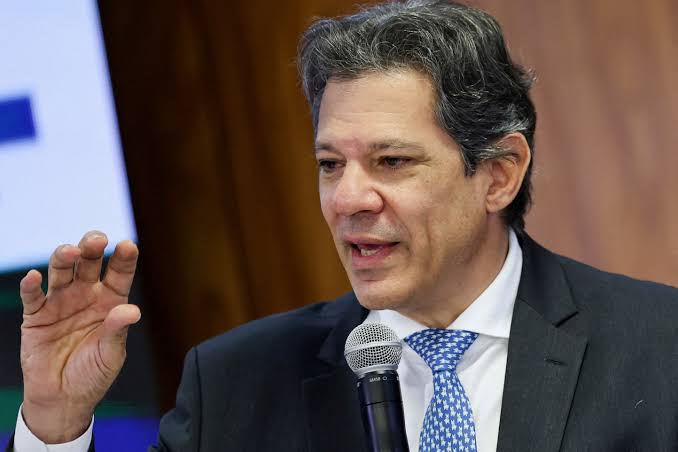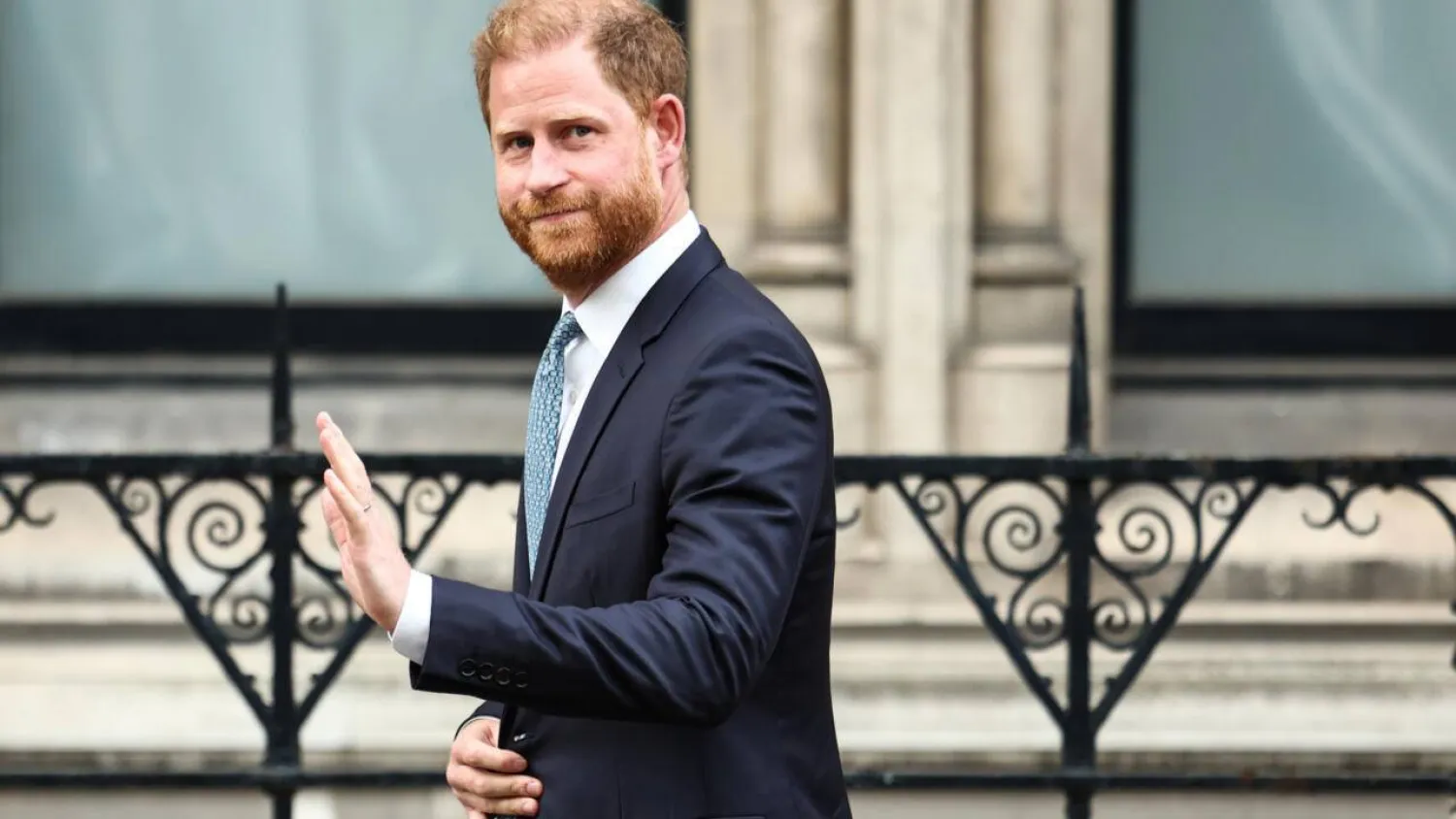Brazil’s Finance Minister Fernando Haddad stated on Monday that any modifications to the recently increased tax on financial transactions (IOF) would be linked to a broader overhaul of what he termed “distortions” in the country’s financial taxation system.
The government increased the IOF tax on certain transactions last month to meet its fiscal targets, but the move faced criticism, and lawmakers indicated they might reverse it. Haddad suggested that this debate had opened the door to more comprehensive reforms.
“If there’s any adjustment, it will be part of a broader effort to correct existing imbalances in taxes related to finance,” he said, without providing specific details.
“Beyond addressing the 2025 issue, (the aim is) to carry out a structural reform for the coming years,” the minister added.
Haddad said a government decision, in coordination with Congress, would be made by Tuesday, before President Luiz Inacio Lula da Silva leaves for an international trip.
Last year, Lula’s leftist administration attempted to raise the social contribution tax on net corporate profits (CSLL) for financial institutions.
However, the proposal was never put to a vote in Congress, and the government eventually stopped relying on the nearly 15 billion reais ($2.63 billion) in additional revenue expected from the measure this year.
Read more: South Korean Candidate’s Wife Uses Scandals to Gain Ground
When asked whether the government would propose changes to that tax again, Haddad only noted that the measure had not been rejected but simply never voted on. He later pointed out that raising that tax would require a 90-day waiting period before implementation, making it less practical for the current year, which is already well underway.
Haddad said that the leaders of both houses of Congress were involved in discussions about how to better calibrate taxation.
“I believe we can provide a much more sustainable outlook, without resorting to stopgap measures that we know are not structural,” he said.





